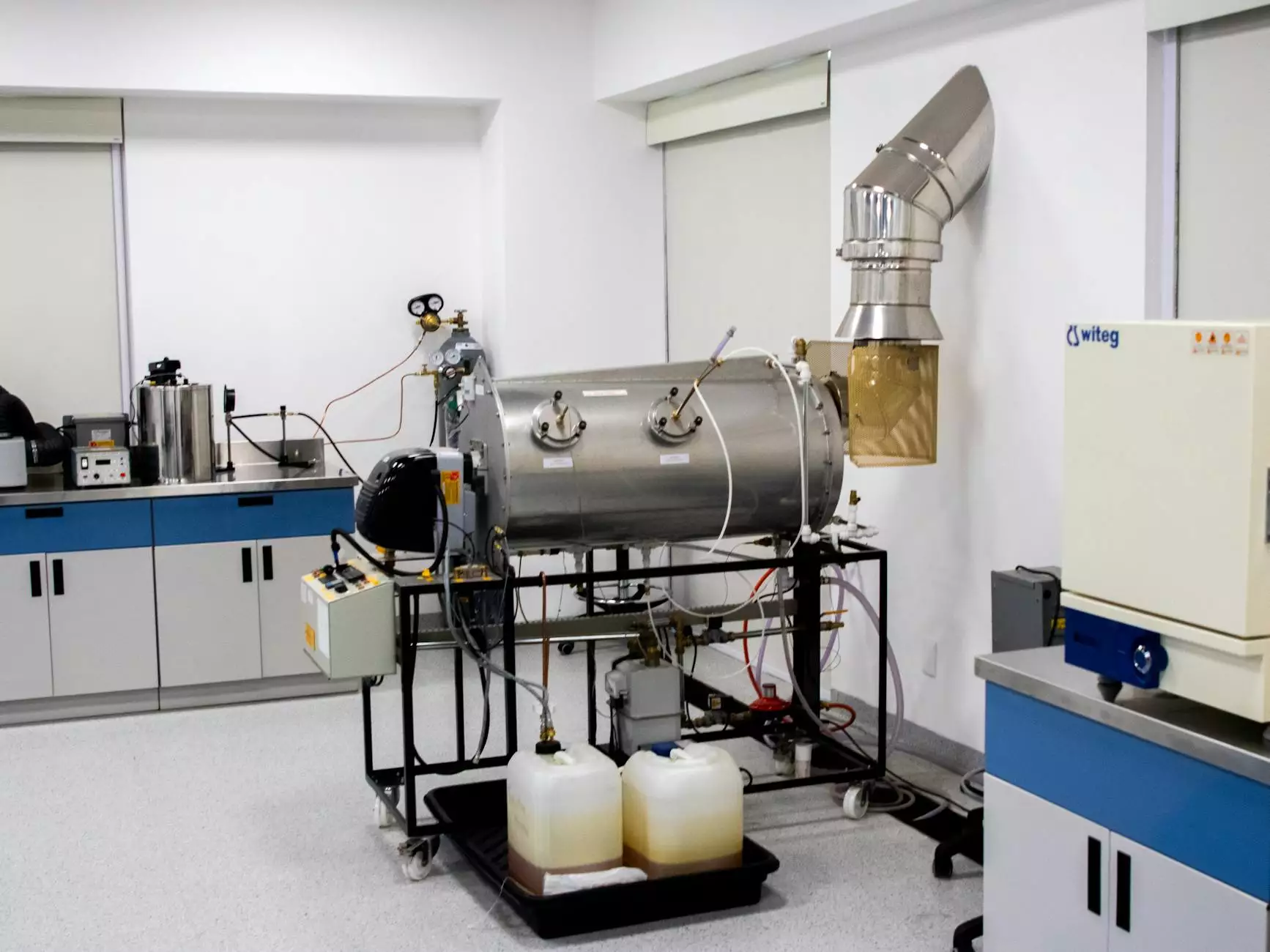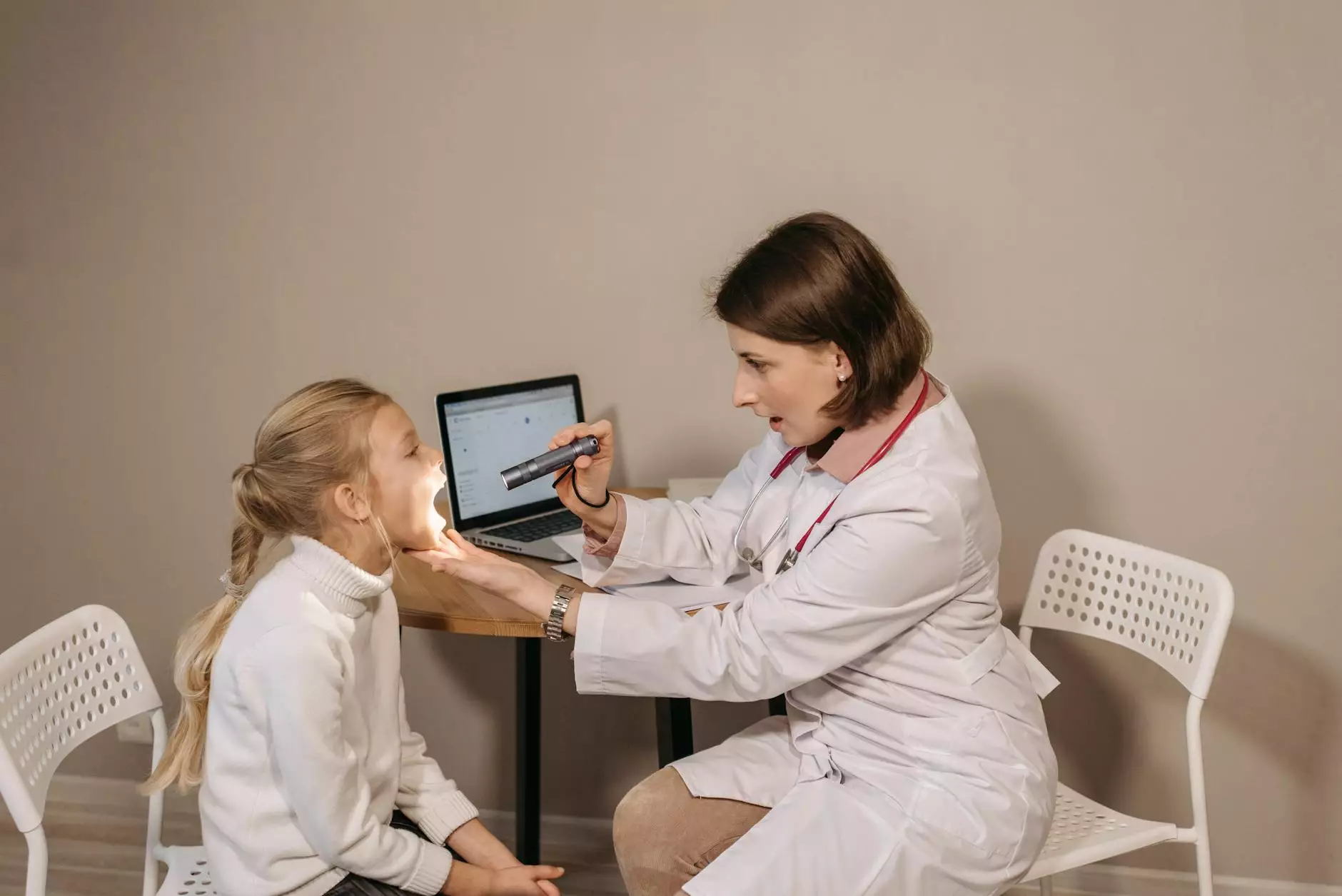The Essential Guide to Recognizing and Understanding the Symptoms of Lung Cancer in Non-Smokers

In the realm of respiratory health, lung cancer often conjures images of long-term smokers and heavy tobacco use. However, lung cancer in non-smokers is an increasingly recognized medical condition, demanding awareness and understanding. Unlike the traditional perception, non-smokers can develop lung cancer due to a combination of genetic, environmental, and lifestyle factors. Recognizing the symptoms of lung cancer in non-smokers early on can significantly enhance treatment outcomes and save lives.
Understanding Lung Cancer in Non-Smokers: An Emerging Medical Concern
Though cigarettes are the leading cause of lung cancer worldwide, non-smokers are not immune. According to recent medical research, approximately 10-15% of lung cancer cases occur in individuals who have never smoked. This condition is often under-diagnosed because its symptoms are subtle or mistaken for less serious illnesses. Factors such as secondhand smoke exposure, air pollution, radon gas, and genetic predisposition contribute to the risk in non-smokers.
Key Factors Contributing to Lung Cancer in Non-Smokers
- Genetics and Family History: A family history of lung cancer can increase susceptibility even in non-smokers.
- Environmental Exposures: Long-term exposure to radon, asbestos, and industrial pollutants.
- Air Pollution: Chronic exposure to urban smog and airborne toxins.
- Radon Gas: The radioactive gas radon, which seeps from the ground, is a known risk factor for lung cancer.
- Previous Radiation Therapy: Prior cancer treatments involving radiation near the chest area increase risk.
Recognizing the Symptoms of Lung Cancer in Non-Smokers
Understanding the symptoms of lung cancer in non-smokers is crucial for early diagnosis and intervention. These symptoms tend to develop gradually and may be mistaken for other respiratory conditions, such as bronchitis or pneumonia. Awareness helps patients seek medical attention promptly.
Primary Symptoms to Watch For
- Persistent Cough: A cough that does not resolve over several weeks or worsens over time.
- Chest Pain: Discomfort or pain in the chest that may be dull, sharp, or aching, often worsened by breathing or coughing.
- Shortness of Breath: Increasing difficulty breathing, especially during exertion or at rest.
- Unexplained Weight Loss: Significant weight loss without dietary or lifestyle changes.
- Fatigue and Weakness: Unusual tiredness that persists despite rest.
- Coughing Up Blood: Hemoptysis can be a dangerous sign requiring immediate medical evaluation.
Less Common but Notable Symptoms
- Hoarseness: Changes in your voice due to nerve involvement.
- Repeated Respiratory Infections: Frequent pneumonia or bronchitis episodes.
- Swelling in the Face or Neck: Resulting from superior vena cava syndrome due to tumor growth.
- Pain in the Back or Shoulder: Often caused by tumor metastasis or invasion.
Diagnostic Methods for Lung Cancer in Non-Smokers
If any of the above symptoms are persistent or concerning, consulting with a medical center that specializes in respiratory health, such as neumarksurgery.com, is essential. Diagnostic evaluation typically involves:
- Imaging Tests: Chest X-rays, CT scans, and PET scans to identify abnormal growths and metastasis.
- Biopsy Procedures: Bronchoscopy, needle biopsy, or surgical biopsy to obtain tissue samples for analysis.
- Laboratory Tests: Blood tests to assess overall health and detect tumor markers.
- Analysis of Radon and Environmental Risks: Environmental assessments in suspected cases.
Advancements in Medical Science and Treatment for Non-Smoker Lung Cancer Patients
Modern medicine offers hope through targeted therapies, immunotherapy, and personalized treatment plans tailored to the genetic profile of the tumor. In recent years, breakthroughs have been made in understanding the molecular pathways involved in lung cancers associated with non-smoking causes, leading to the development of new drugs and treatment protocols.
Targeted Therapies and Their Impact
These therapies focus on specific genetic mutations often found in non-smoker lung cancer patients, such as EGFR mutations or ALK rearrangements. By targeting these genetic abnormalities, doctors can deliver more effective and less toxic treatments, resulting in improved survival rates.
Role of Immunotherapy
Immunotherapy has revolutionized cancer treatment by enhancing the body's immune response against tumors. Many patients, including non-smokers, are now benefiting from drugs that block immune checkpoints, enabling the immune system to recognize and attack cancer cells more effectively.
Proactive Steps for Lung Cancer Prevention in Non-Smokers
While some risk factors are beyond individual control, implementing preventive measures can significantly lower the risk of developing lung cancer:
- Radon Testing and Mitigation: Regular testing of homes, especially lower levels such as basements. Mitigation measures include sealing cracks and increasing ventilation.
- Minimize Exposure to Environmental Toxins: Using protective equipment when dealing with hazardous materials or in polluted environments.
- Avoid Secondhand Smoke: Staying away from environments with cigarette smoke.
- Maintain a Healthy Lifestyle: Diet rich in antioxidants, regular exercise, and avoiding exposure to carcinogens.
- Regular Medical Check-Ups: Routine screenings especially if there is a family history or known environmental exposure.
Consulting Medical Experts and the Importance of Early Diagnosis
If you suspect any symptoms related to lung health, timely consultation with specialists at accredited medical centers like neumarksurgery.com can be life-saving. Early detection of lung cancer, particularly in non-smokers, significantly improves survival rates and quality of life.
The Future of Lung Cancer Research and Patient Care
Ongoing research continues to expand our understanding of lung cancer in non-smokers, exploring genetic susceptibilities, environmental interactions, and novel treatment strategies. Precision medicine, which tailors treatment based on individual genetic makeup, holds promise for more effective, personalized care.
Final Words of Awareness and Empowerment
Understanding the symptoms of lung cancer in non-smokers is empowering. It fosters proactive health management and encourages early intervention, which can markedly alter the course of the disease. If you're experiencing persistent respiratory symptoms or belong to a higher-risk group, seeking medical advice promptly is essential. Remember, awareness, early detection, and advancements in medical care are your strongest allies against lung cancer.
Stay vigilant about your respiratory health. For expert guidance and comprehensive diagnosis, contact reputable medical centers such as neumarksurgery.com. Your lungs deserve the best care, regardless of your smoking history.
symptoms of lung cancer in non smokers








